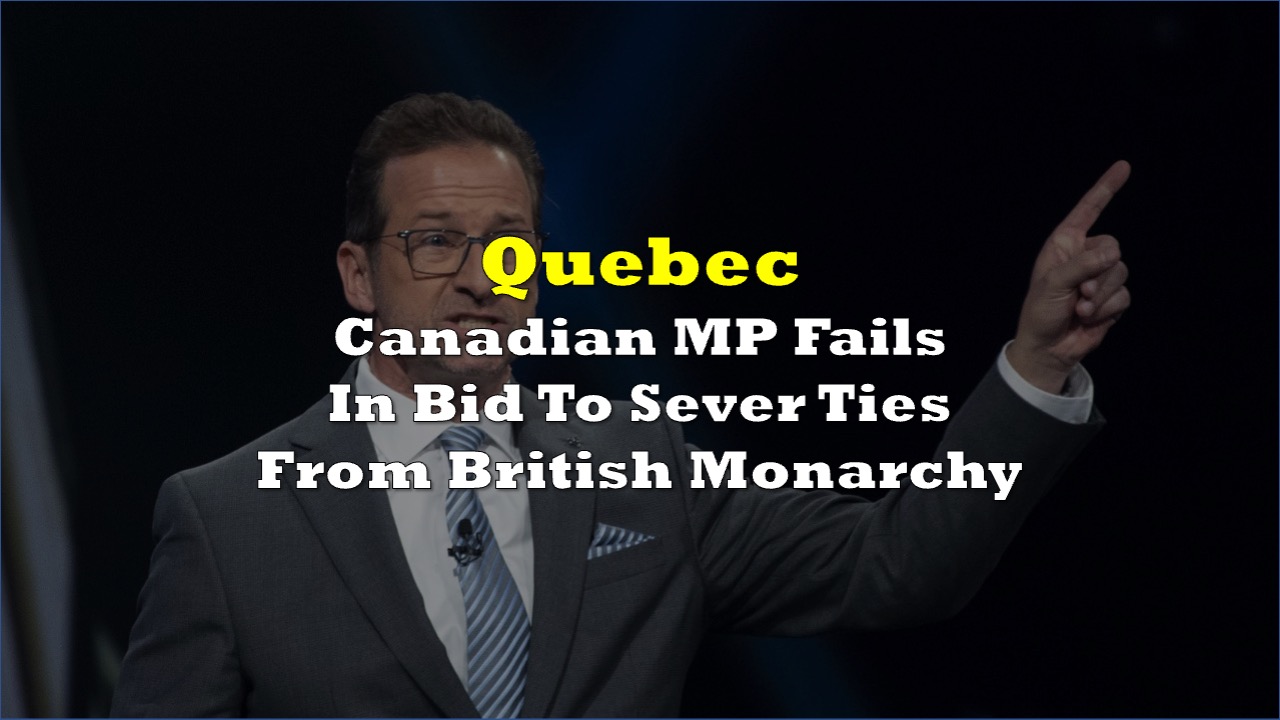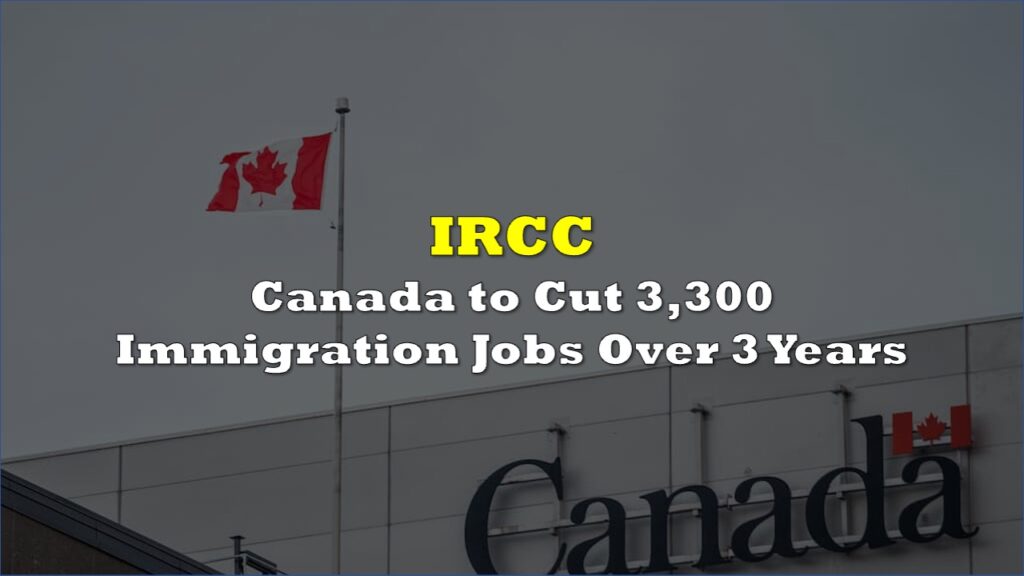On Wednesday, an overwhelming majority of MPs voted to block Bloc Quebecois leader Yves-Francois Blanchet’s proposal to cut off ties with the British monarchy. But given the complexity of what will be required to proceed with the proposal, and given the more pressing issue of the current macroeconomic environment, Blanchet’s motion was also seen as political posturing.
The MP admitted to reporters that he had expected the motion to fail, but said it would show Quebecers that federal politicians “prefer to support the King than the people.”
In the motion submitted on Tuesday, Blanchet said that “the recent changing of the guard in England is an opportunity for Quebecers and Canadians to free themselves from a dilapidated monarchical link.”
Blanchet also described the monarchy as “a thing of the past, it is almost archaeological, it is humiliating.”
Britain colonized the country in the late 1500s and remained part of the British empire until 1982. Today, Canada is a member of the Commonwealth of former empire countries that have the British monarch — now King Charles — as head of state. The role is for the most part symbolic, and the Canadian government is given the power to govern.
Severing ties with the monarchy is a process that would require approval from both the House of Commons and the Senate in the Parliament. All 10 provinces would also need to give their consent.
READ: New Survey Shows Canadians Pretty Much Resent Each Other
The MP’s proposal follows the refusal of 14 newly elected Quebec politicians to take the oath of allegiance to the King as part of being sworn into the provincial legislature. Reciting the oath is part of Canadian law, and the refusal to do so might mean that they may not be able to sit, or receive their salary, according to Daniel Beland, a political science professor at McGill University in Montreal.
Blanchet pointed out that many recite the oath only because they have to. “We are a conquered people that still have to swear allegiance to a conquering King,” he said.
While it is possible to amend the oath requirement, the task is also complicated and still unclear as experts don’t seem to agree on the process. Some say that the Quebec National Assembly could simply pass a bill to replace or amend the oath. But there are also those who believe that any changes to the oath would entail an amendment to Canada’s constitution.
Responding to Blanchet’s motion on Tuesday, Prime Minister Justin Trudeau said that “there is not one Quebecer who wants the constitution reopened.”
“What’s happening now is really dramatic,” said Beland. Adding that the refusal could be an attempt at gaining political momentum by the Parti Quebecois, as they lost seats in the recent election.
“This is about broad principles,” he said. “But this is also a lot about political posturing.”
Information for this briefing was found via BBC, Reuters, and the sources and companies mentioned. The author has no securities or affiliations related to the organizations discussed. Not a recommendation to buy or sell. Always do additional research and consult a professional before purchasing a security. The author holds no licenses.









